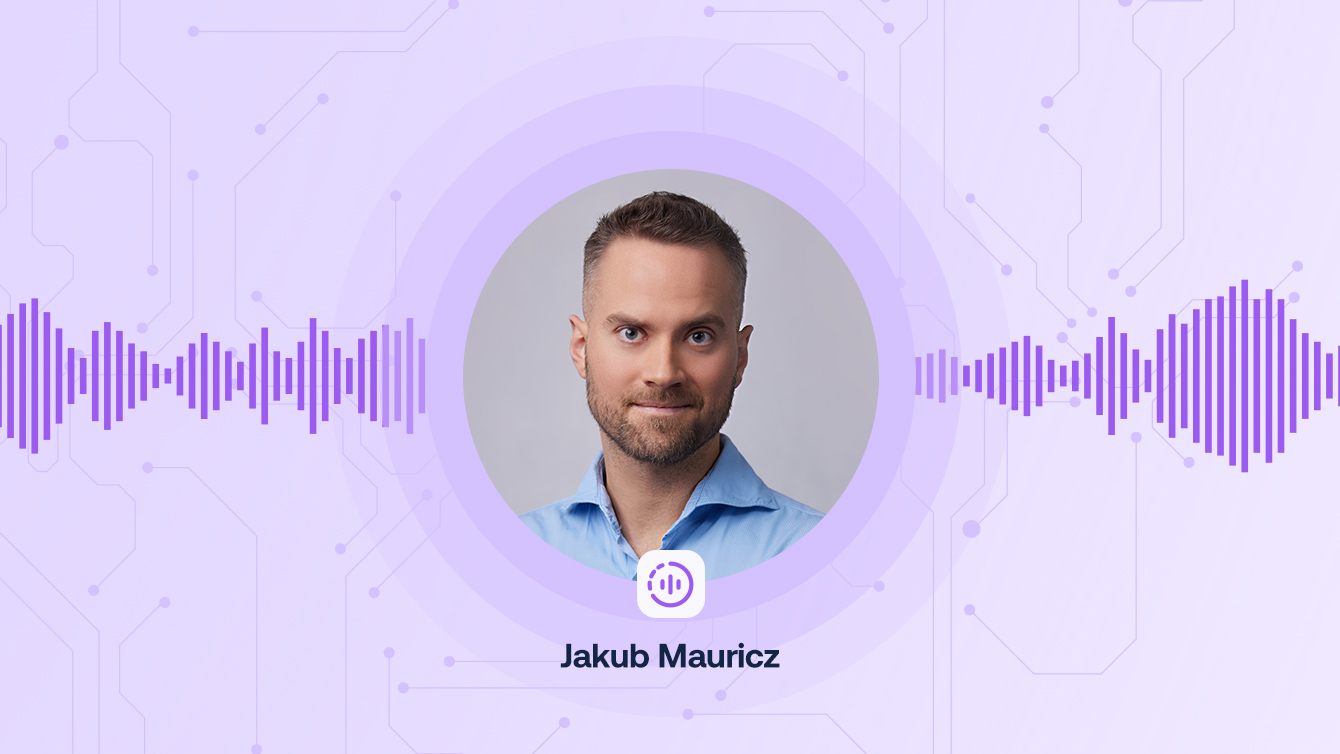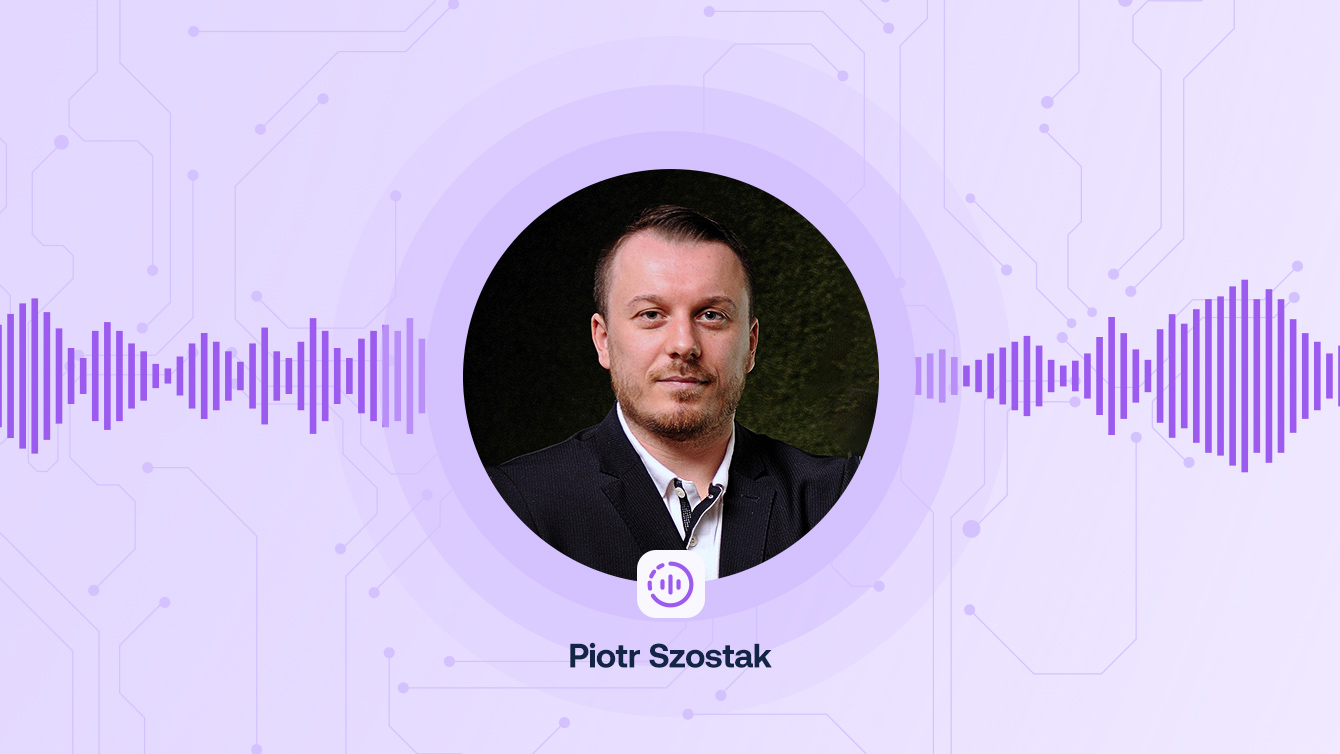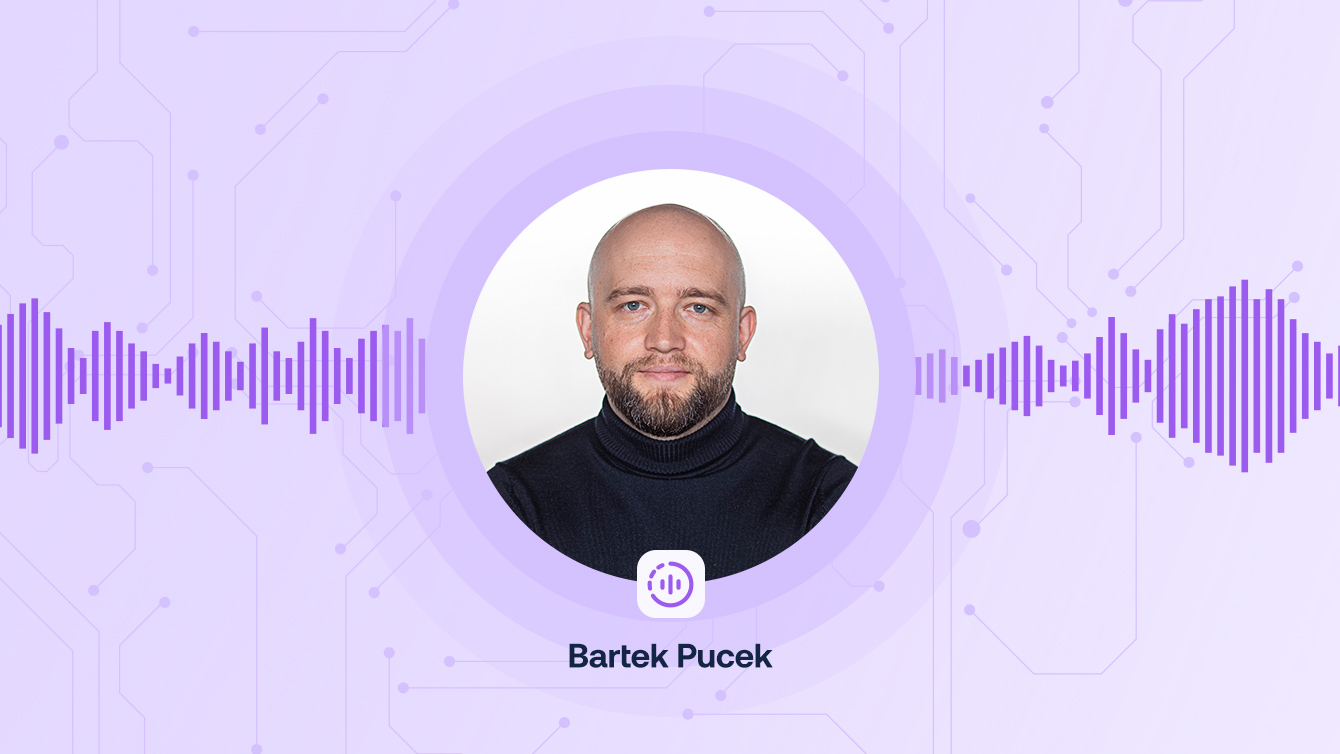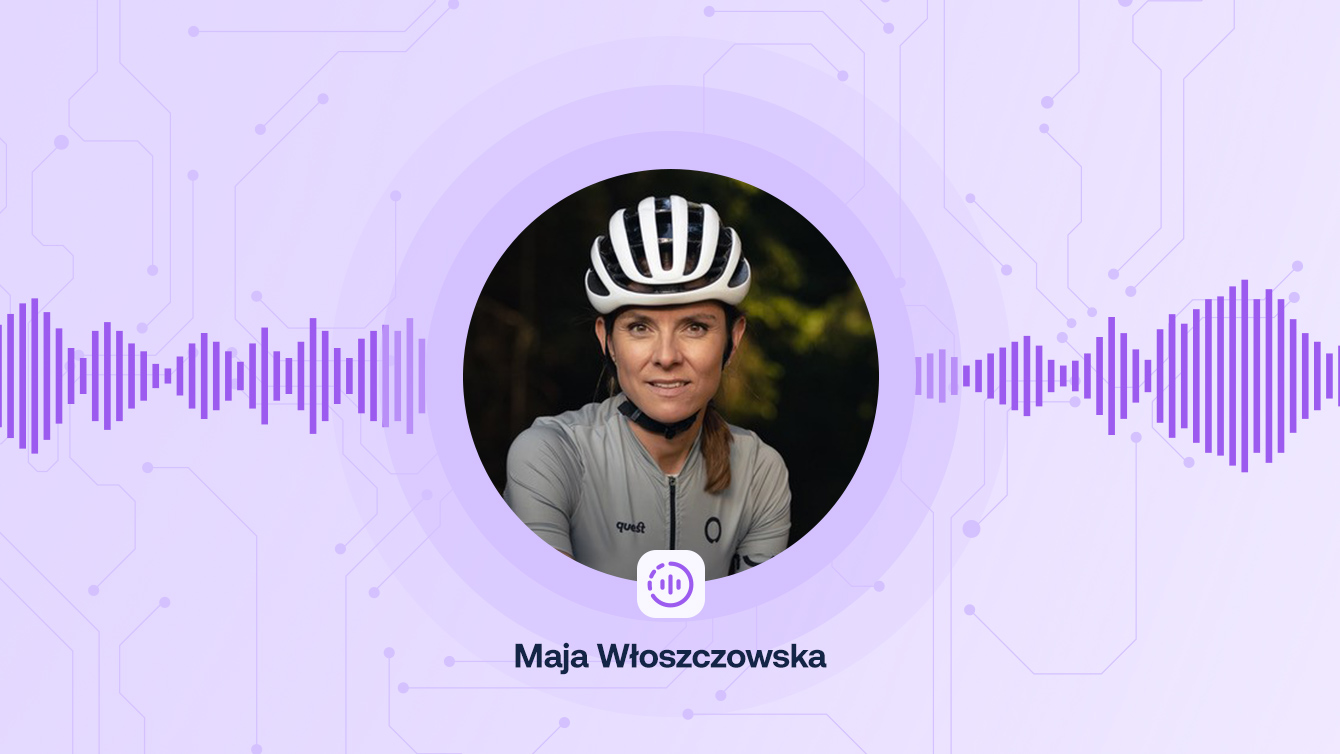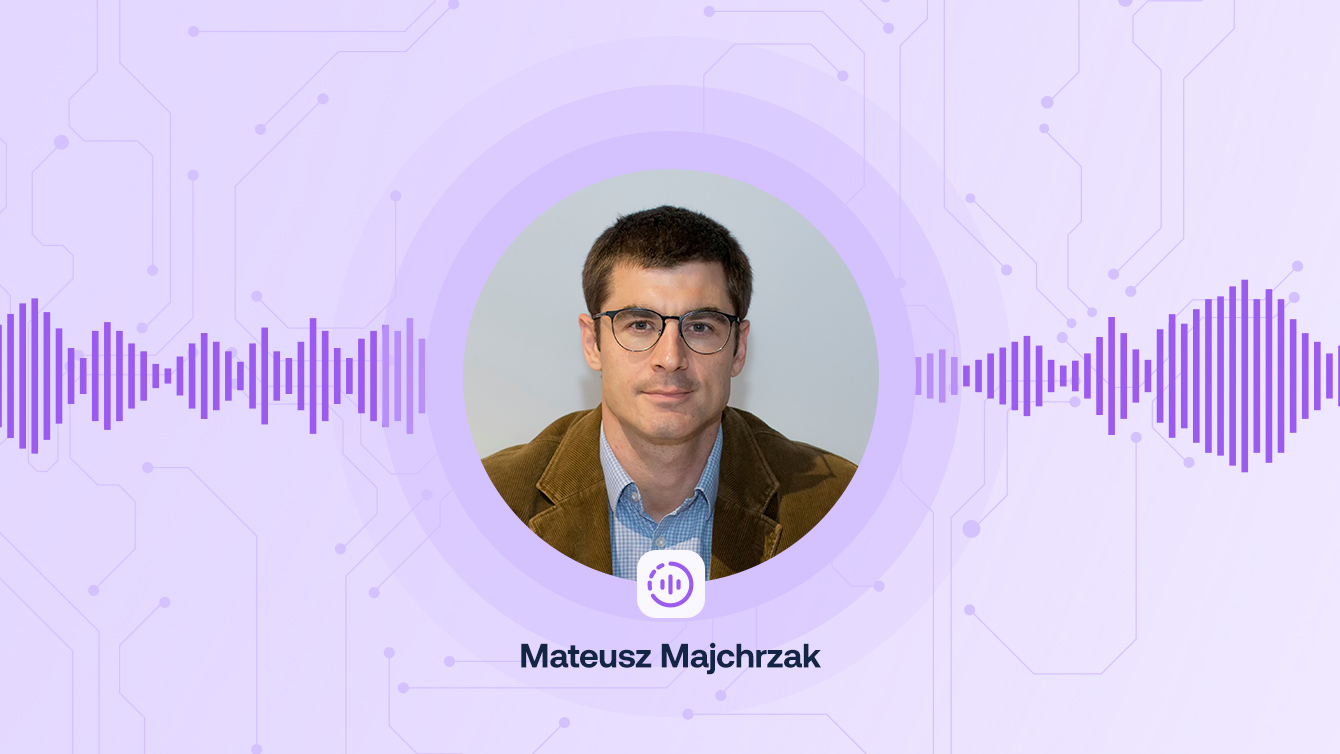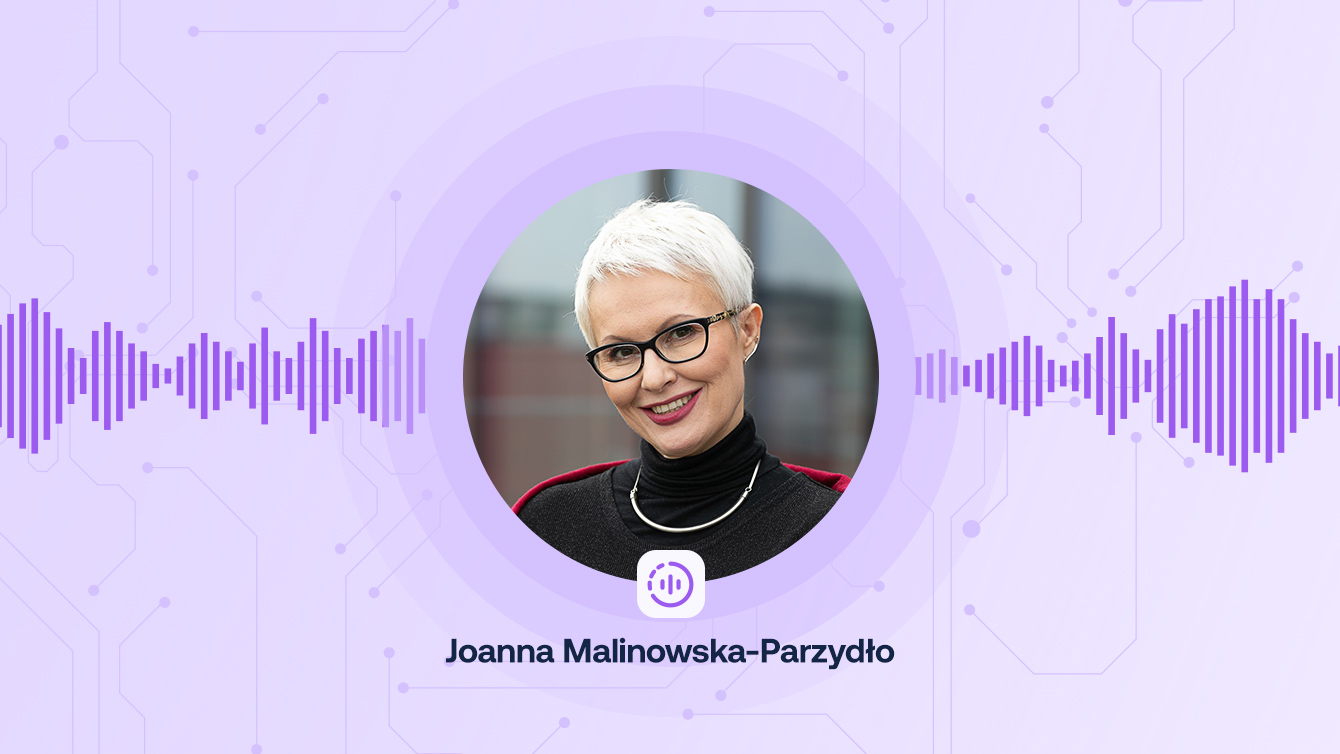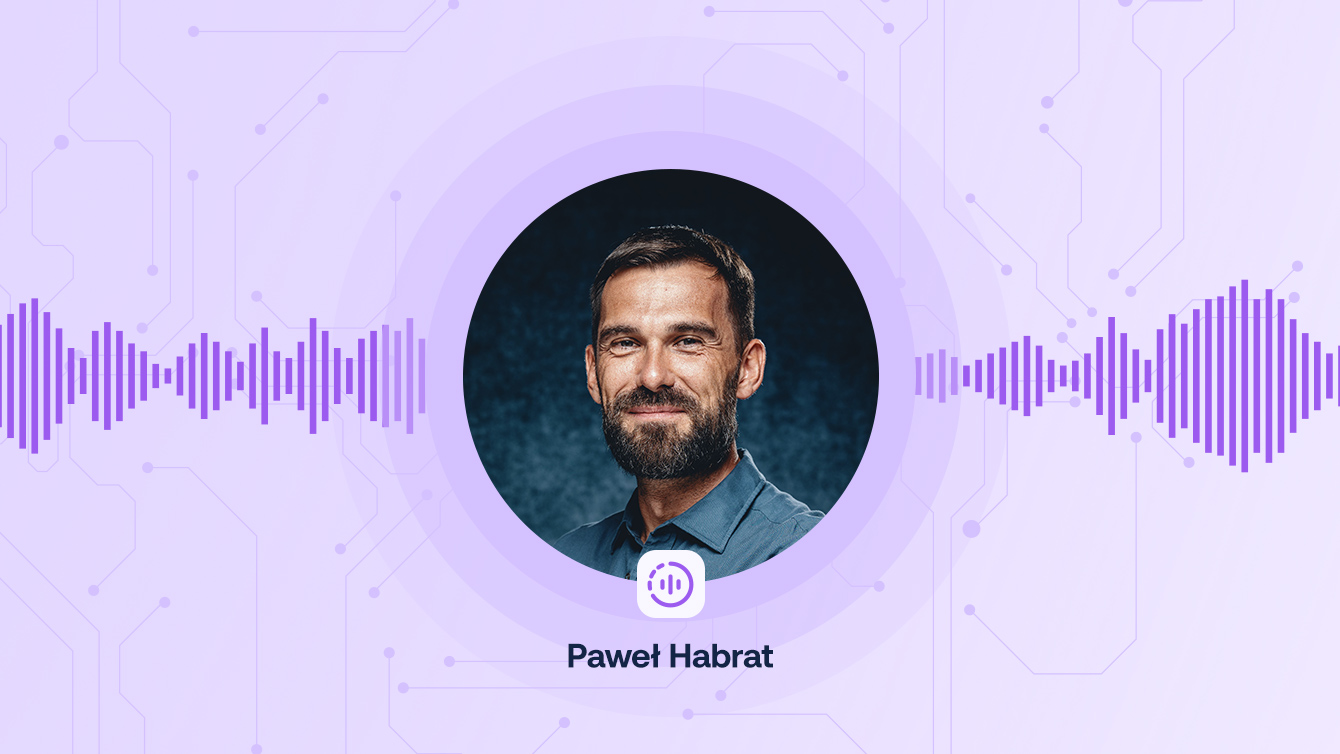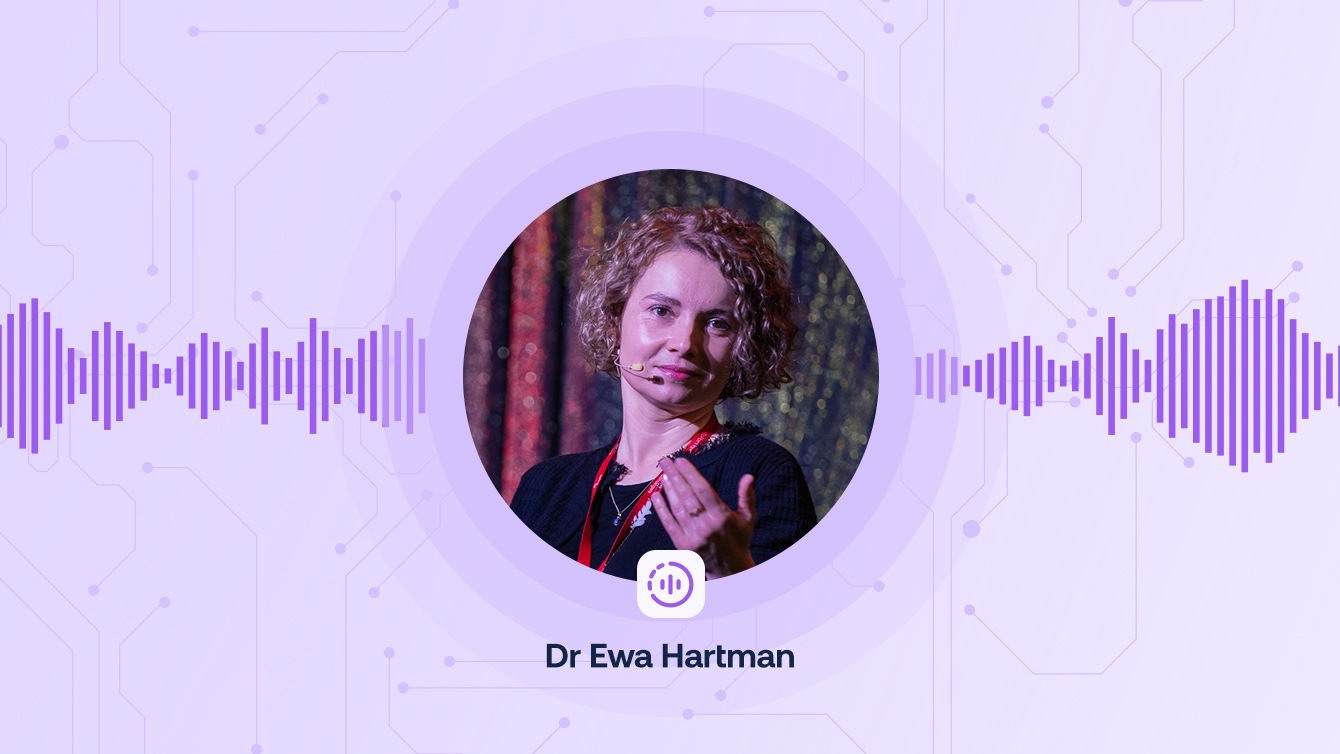VIDEOCAST: What does the digitization of HR departments look like?
Paweł Kornosz talked about why HR departments often still resemble accounting departments of 15-20 years ago as part of the ‘Wellbeing Summit’ series.
Fear of implementing new systems and fear that they will replace employees are two of the most important reasons for insufficient digitization of HR departments. Paweł Kornosz - innovator, entrepreneur, Managing Director for Cafeteria Platforms at Benefit Systems SA - talked about why HR departments often still resemble accounting departments of 15-20 years ago as part of the ‘Wellbeing Summit’ series.
Challenges of the new work environment
Despite the advancement of digitalization during the COVID-19 pandemic, the popularization of instant messaging and the remote working model, HR departments continue to heavily rely on ‘paper’ processes. This reliance begins from the initial contact with a new employee. For instance, providing a photo for intranet posting requires it to be scanned beforehand.
Much work also remains to be done in the intranet area regarding communication. Specifically, there is a need to expand its reach in engaging with employees and providing them with the necessary information to fulfil their duties.
Two reasons behind digitization problems
Paweł Kornosz indicates two main reasons for this state of affairs. First and foremost these are concerns about the process of implementing a new system and the competency of employees to do so. This mainly applies to workers in warehouses and production halls. Kornosz notes, however, that most of these people are active on the Internet, such as on social media, so operating another system should not be a major problem for them.
The second issue is the concern of HR professionals that advanced systems could replace them. This concern, which is actually unjustified, has also accompanied accounting departments in previous years. Ultimately, it became apparent that the system was not a competitor, but a partner. Moreover, the system enables the establishment of relationships, which is of great importance for the quality of work of HR departments.
What do HR professionals need?
How can digitization support HR? Certainly, artificial intelligence is the most popular topic. As it turns out, however, there may be many more practical opportunities to optimize work. Paweł Kornosz cites a competition for start-ups at the recent HR Technology France conference in Paris. Five projects competed in the contest, one of which was outside the AI field - and it emerged as the winner.
The winning project addressed the issue of recruiting younger workers and those who had difficulty preparing resumes. Its authors developed a system that involved recording video interviews with candidates. During these recordings, candidates were asked questions relevant to the employer's perspective, and the system then transcribed their answers. As Kornosz points out, it is precisely this kind of assistance in day-to-day tasks that HR departments often need.
‘There was a brief period of gamification, challenges, earning “likes”,’ Paweł Kornosz explains. ‘However, it turned out that what was needed most were tools that solve problems at the level of the employee-employer relationship,’ he adds. What else can digitization help employees with? It can help them save 38 minutes a day! This is the average time an employee wastes switching between systems. Surprisingly, up to 60% of functionalities can be integrated into a single system. These include holiday request forms, course subsidies, settlement of business trip expenses, subscriptions and benefits. What else can digitization assist HR departments in? That's what you'll find out in Jarosław Kuźniar's conversation with Paweł Kornosz.

